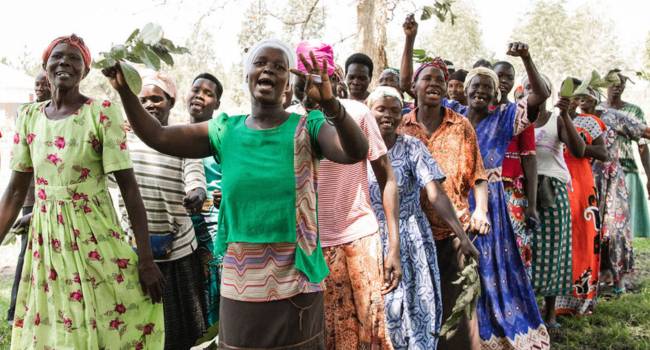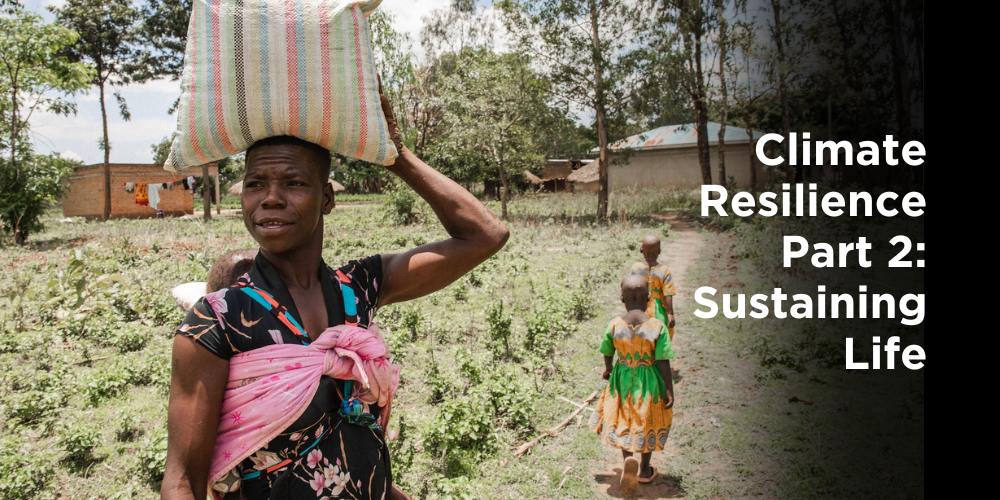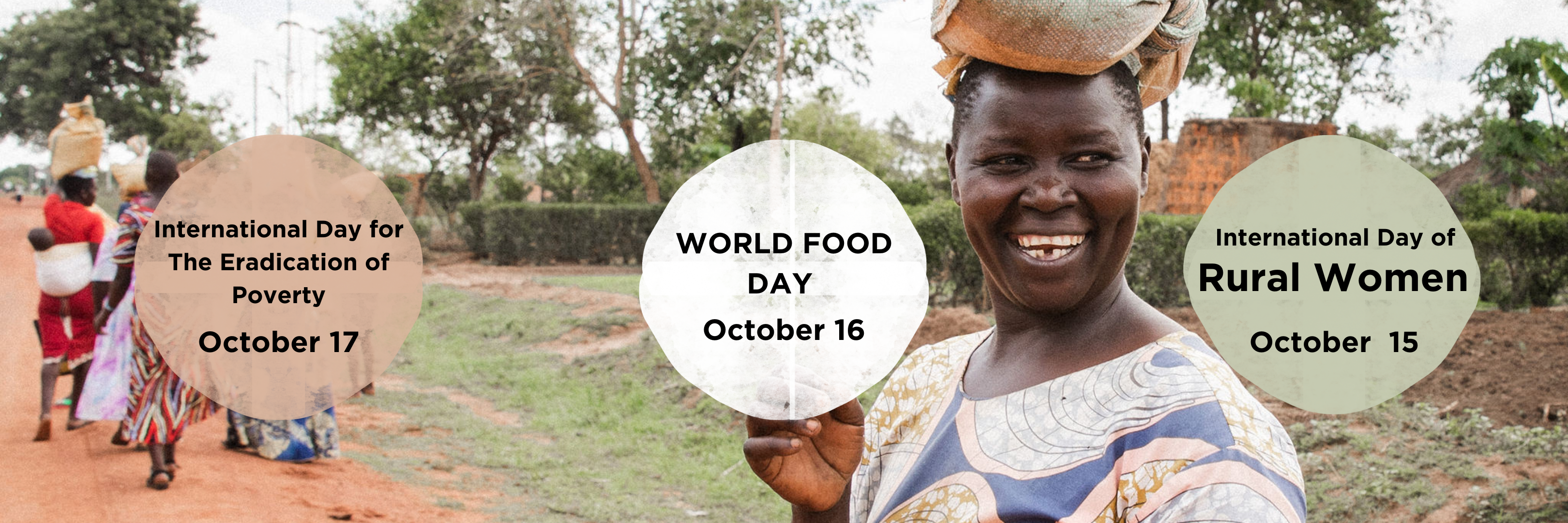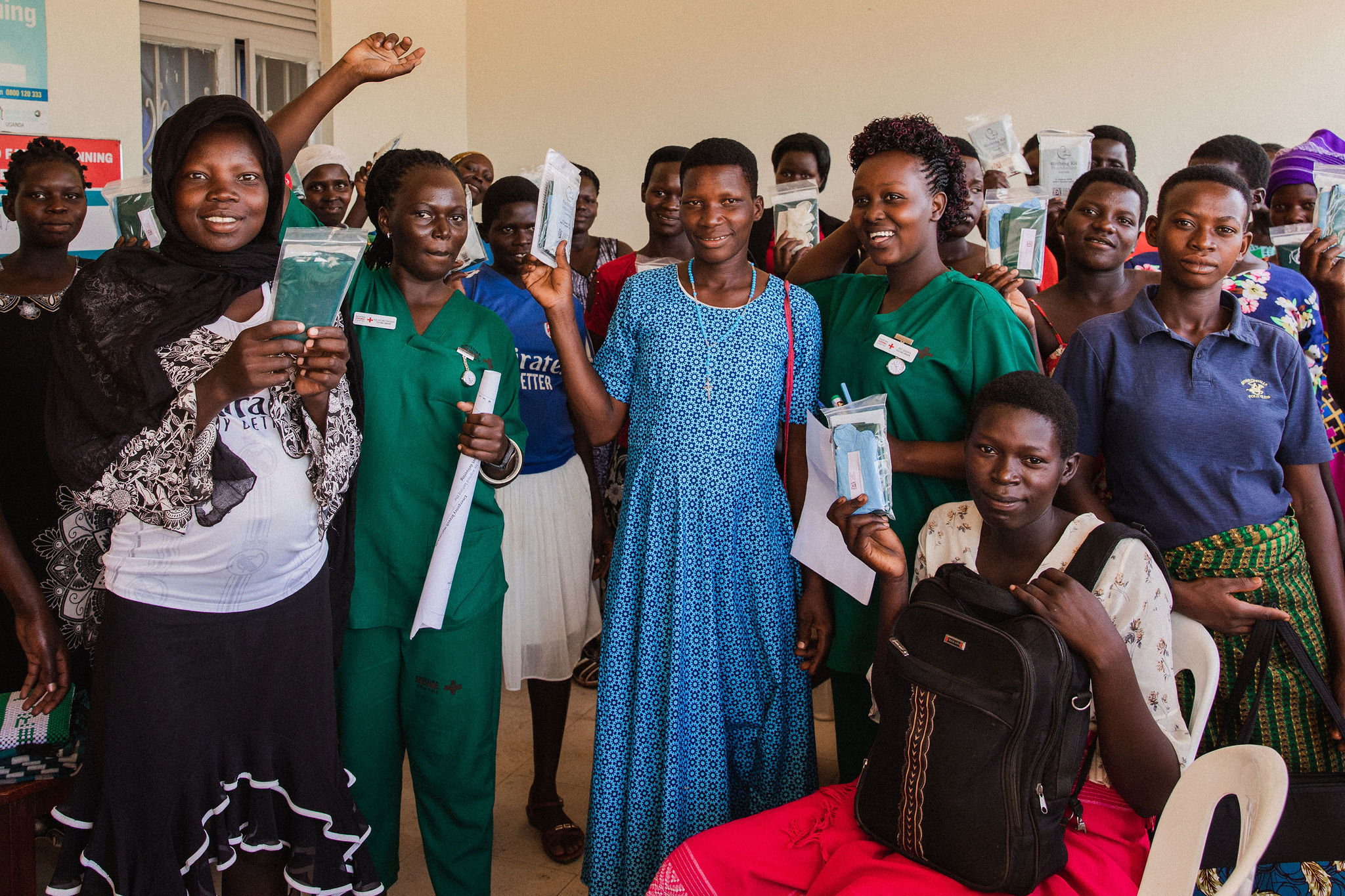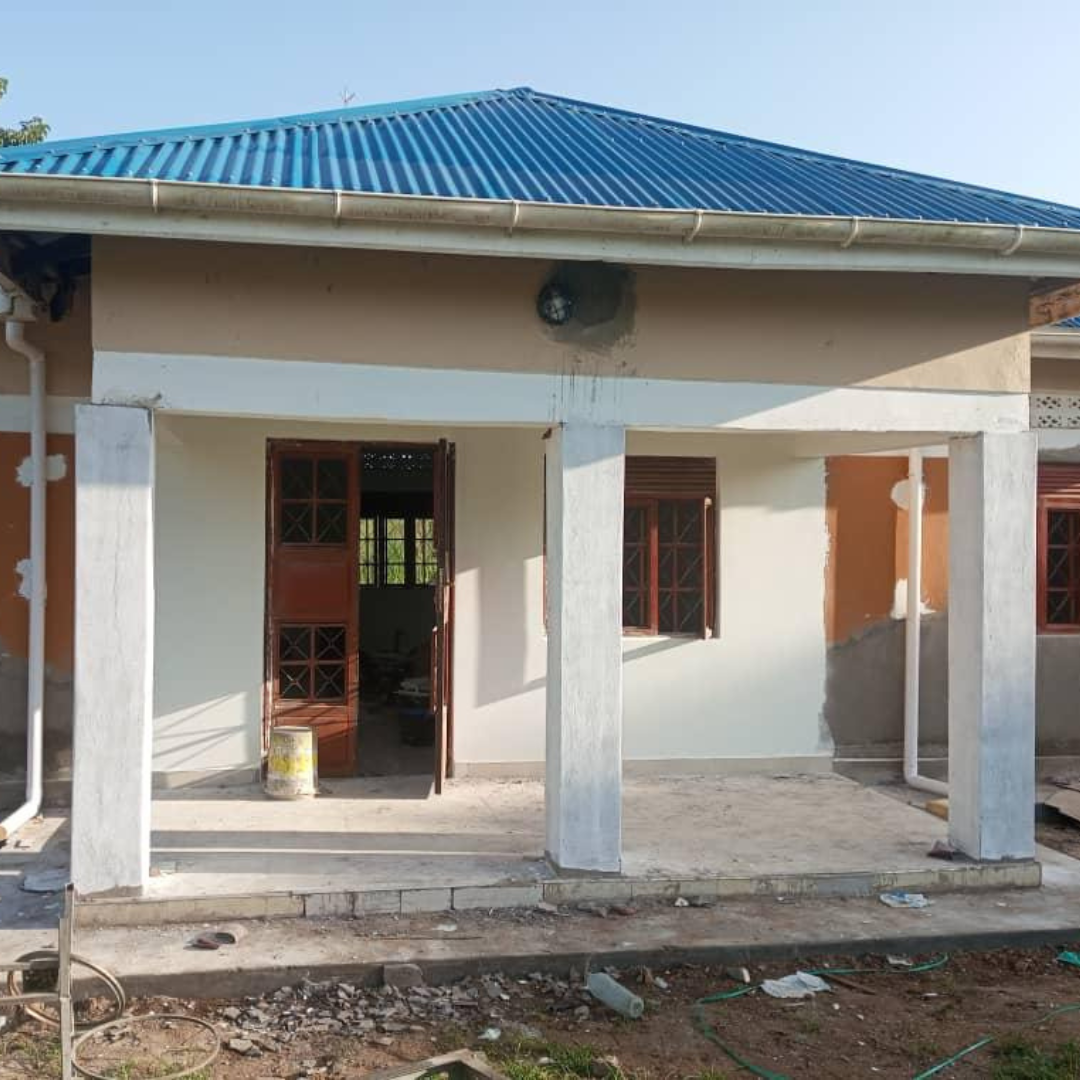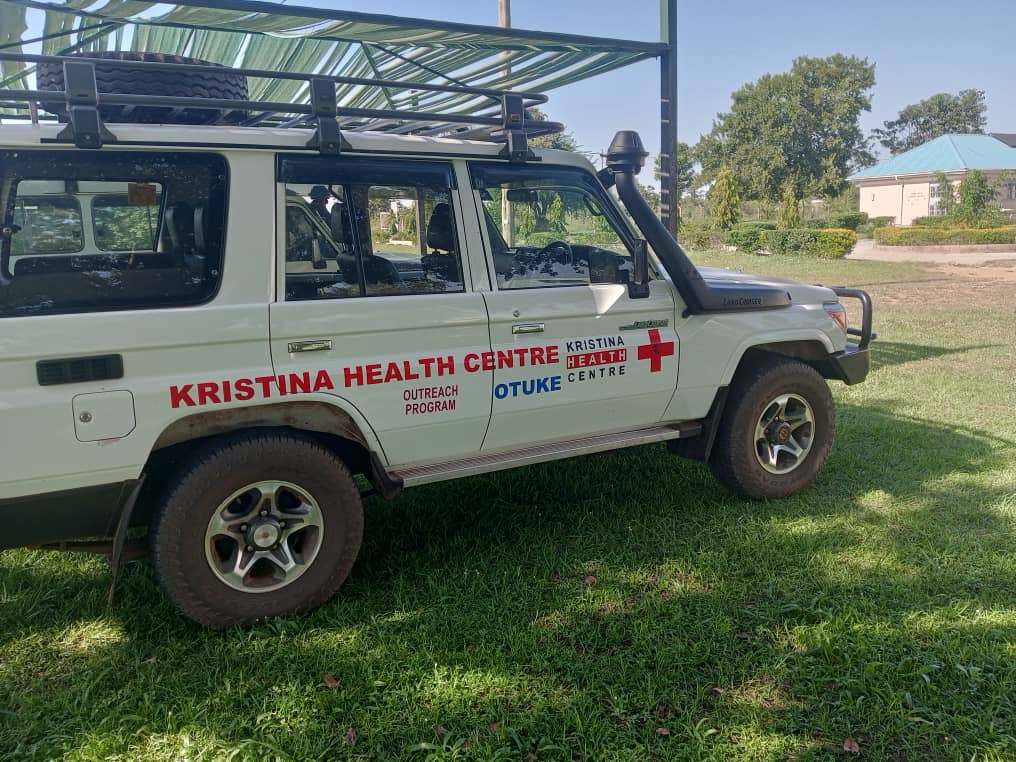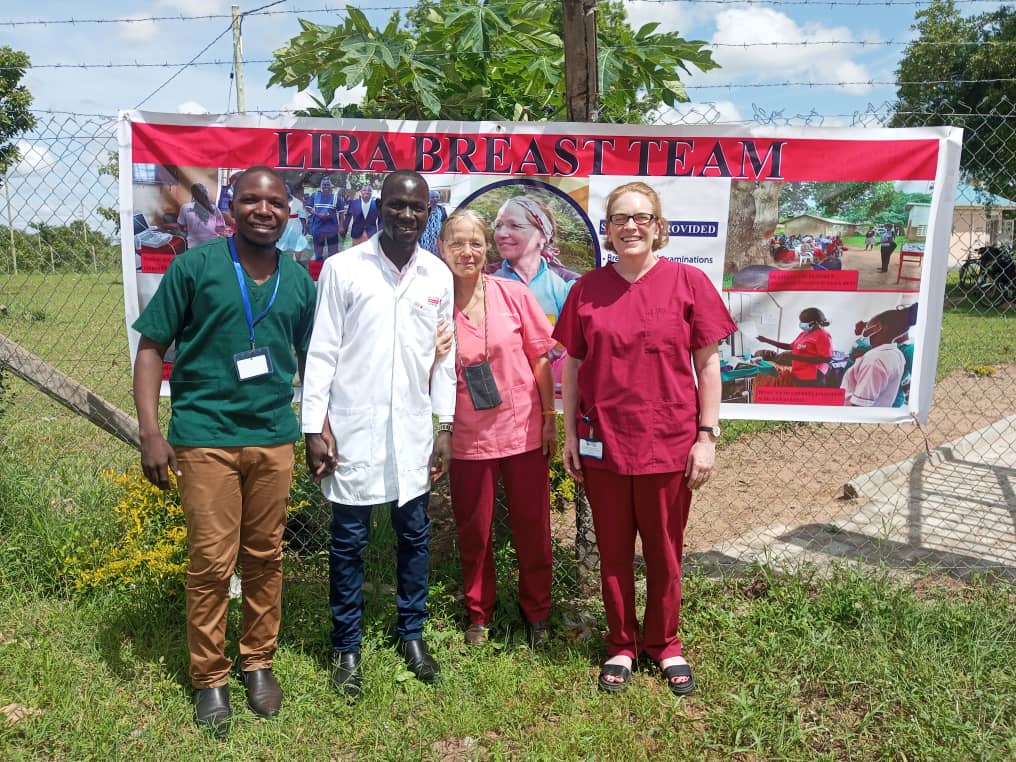Over the last 2 decades, Uganda has successfully decreased the poverty rate by 23% – an enormous achievement. (1)
However, there is still a long way to go. In order not only to build on these gains, but simply maintain them, Uganda must invest in agriculture, and the inclusive participation of rural and remote women, as well as those living in poverty.
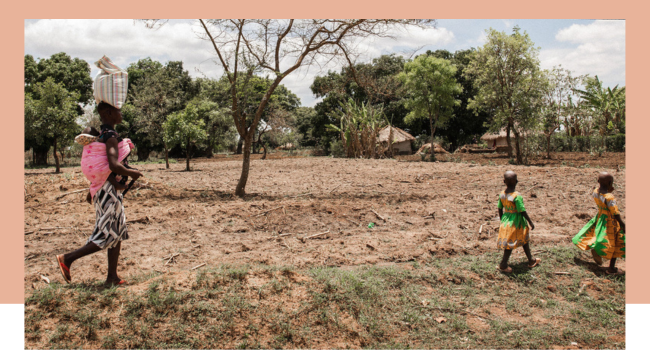
It has been said that if farmed to its fullest capacity, Uganda’s land has the potential to feed over 200 million people – 4.5 times the current population (FAO -2).
With 70% of the population employed by farming, it would seem like the land is being used to its fullest potential (3). However, Uganda currently uses only 35% of arable land for cultivation and in addition to inadequate access to resources, challenges in gaining land, and the consequences of climate change, the land is not being farmed in the way it can be. Annually, approx. 40% of crops farmed are lost, due to poor handling, poor storage, pests, and disease. This main source of income for rural families, who make up 74% of the population (3), is also lost, pushing entire communities even further into poverty. Investment in agriculture is critical to reducing poverty, creating jobs and boosting food security in rural and remote areas (4).
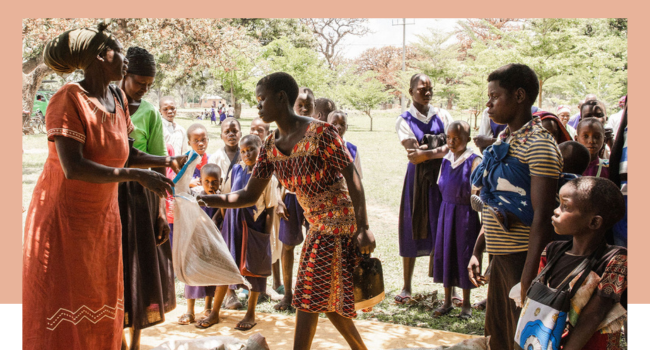
Ongoing changes in climate, increasing conflicts arising and unproductive farming have compounded the problem (5). Uganda experiences the effects of climate change in many ways – increased temperatures, flooding, hailstorms, disease and insect outbreaks.
It is essential that Uganda begins to maximise its potential and take advantage of the fertile land that communities are living within. It is simply a matter of access to resources.
This is where Cents for Seeds comes in.
The Love Mercy micro-loan agricultural program addresses challenges faced at each step of the farming cycle:
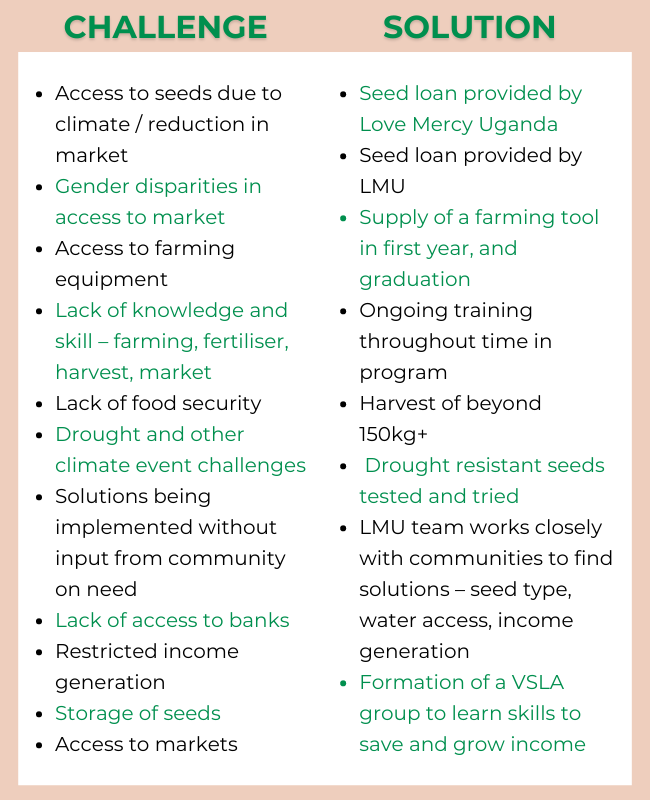
Not only these are these tangible impacts being felt, but the ongoing increases in wellbeing are significant. Women who participate in Cents for Seeds report an increased level of wellbeing compared to those who are not in the program. There are reports of decreased domestic violence, increased connection to community, increased provision for families, and overall increased individual resilience.
Our next target is to reach two entire districts with Cents for Seeds – Alebtong and Otuke.
The total number of households in these regions is approximately 100,000. This would change the income level in these two districts, improve food security, create economic independence for families, and contribute to the gains made over the last 2 decades.
Can you help us extend Cents for Seeds to reach all the communities in Otuke and Alebtong? Every seed loan provides the opportunity for a woman to start on the path out of poverty and begin to change the lives of everyone in her household.
- https://www.fao.org/in-action/scala/countries/uganda
- https://www.fao.org/3/x0736m/rep2/uganda.htm
- https://www.trade.gov/country-commercial-guides/uganda-agricultural-sector
- https://www.theglobaleconomy.com/Uganda/rural_population_percent/#:~:text=Rural%20population%2C%20percent%20of%20total%20population&text=The%20latest%20value%20from%202021,to%20compare%20trends%20over%20time.
- https://www.wfp.org/stories/farmers-fighting-food-loss-uganda
- https://www.worldbank.org/en/country/uganda/publication/making-farming-more-productive-and-profitable-for-ugandan-farmers#:~:text=Combined%20with%20poor%20agricultural%20practices,from%20realizing%20its%20full%20potential

